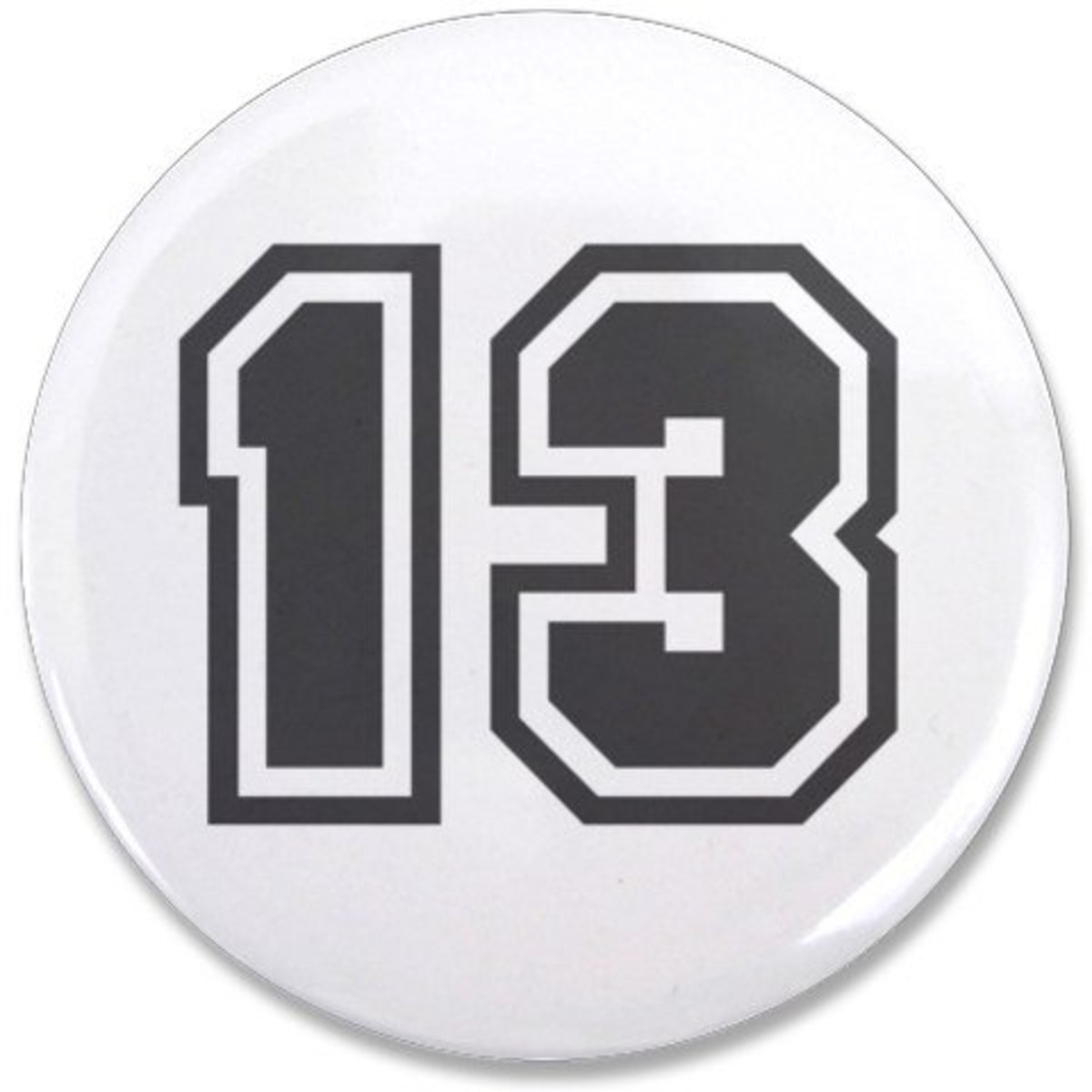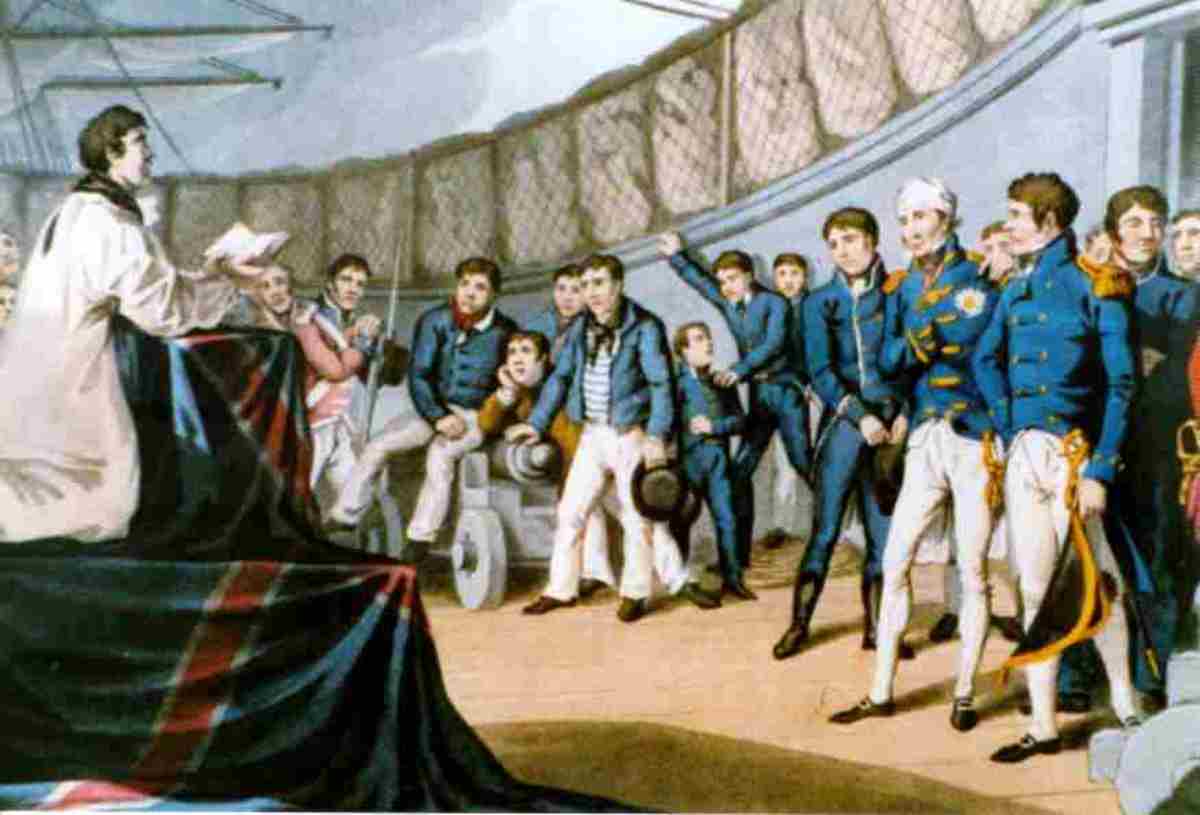A Look at Common Superstitions


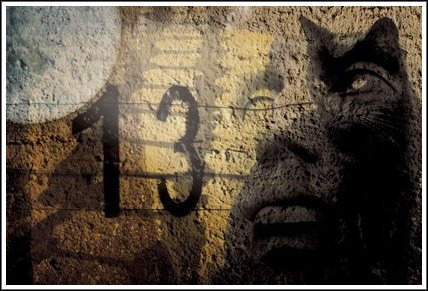
Many irrational beliefs, referred to as superstitions, have become ingrained into our collective consciousness, although where they came from may have long since been forgotten. Some seem to have clung on with skeptics, however much they may object, and believers alike through the ages. They have been attributed by many scholars to fear, ignorance, desire to know the future and need to control one’s destiny. Superstitions have been responsible for countless beliefs, customs and traditions worldwide, shaping lives and cultures dating back to the earliest known civilizations.
A superstition can be defined as an irrational belief an object, action, or circumstance not logically related to a course of events can influence its outcome. Even some who claim they don’t believe in superstitions might subconsciously knock on wood, cross their fingers or try to avoid crossing the path of a black cat. A noted philosopher once stated, "Man's curiosity is in excess of his capacity to interpret Nature and life."

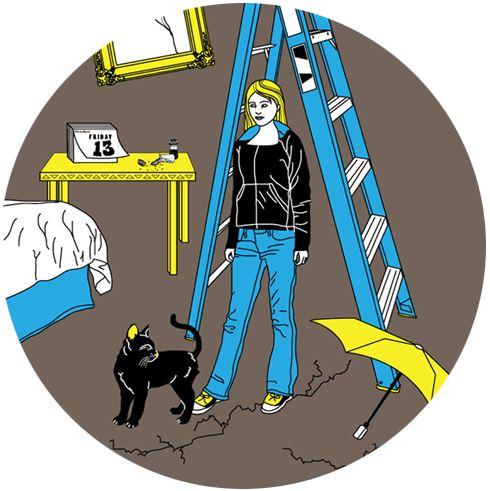
Although that explanation may satisfy a number of people, many still don’t know where some of these beliefs originated or why. Those in the know suggest some have their origins rooted in scientific fact. For example, “Red sky at night, sailors' delight; red sky at morning, sailors take warning.” Clouds enhance the color of sunsets and sunrises, so a red morning sky can indicate a day of bad weather. Evening clouds can pass during the night.
Others don’t seem to have any basis in fact. Why don't we walk under ladders, knock on wood, say "God bless you" when someone sneezes or avoid opening an umbrella indoors? The answers are intriguing.
Walking under a ladder can be explained in several ways. First, common sense will tell you it can be dangerous. A heavy tool or bucket of paint could fall on you. Another explanation is, some held the triangular shape formed by an open step ladder represented the Trinity and thereby walking through it was considered taboo.
Why is it considered bad luck to open an umbrella indoors? Some historians trace this belief back to ancient Egypt and myths surrounding the pharaoh’s sunshade. Others however, believe it began more recently, in Victorian England when metal spoke umbrellas became popular in eighteenth-century London. It was a precaution against injuring others indoors. One humorist suggested, to avoid this from happening, one should fix their leaky roof.

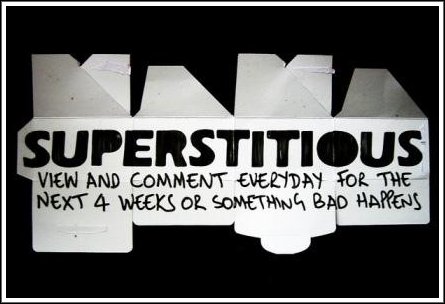
Knocking on wood for luck perhaps came from a time when people believed trees were homes for protective spirits or gods. Knocking on wood may have been a way of invoking their protection.
And then there is the ever popular avoidance of a black cat crossing your path. For centuries, black cats have been linked to dark magic, being familiars for witches and having nine lives. Having one cross your path became an evil omen.
There are so many superstitions people have written entire volumes on the subject. Not surprisingly, many superstitions arose from various religions such as the German response“Gesundheit” to a sneeze, loosely translated as “God bless you.” One’s soul was thought to be able to escape through a sneeze. On that note, one must cover their mouth when yawning so the devil doesn’t jump inside.
Likewise, crossing the index and middle finger was considered a way to form a cross, thus enlisting God’s assistance to ward off bad luck. Another example is tossing salt over the left shoulder, where the devil is said to stand. Here are a few more for the inquiring mind:
· Breaking a mirror is considered bad luck since it was thought to be a reflection of the soul, therefore breaking a mirror was the same as harming the soul. Essentially, a broken mirror created a broken soul, which in turn led to the broken health of the unfortunate individual. It brought seven years of bad luck to the perpetrator, the time thought needed for the soul to rejuvenate.
· The four-leafed clover, as a good luck symbol, goes back to ancient Irish beliefs. The shamrock denotes faith, hope, love and luck on each of its leaves.
· The lucky rabbit’s foot can be traced back to both Celtic legend and hoodoo tradition. The rabbit’s fertility was associated with magic. However, other reasons why a rabbit’s particular foot was lucky have been lost over time.
· Rainbows have also been considered a sign of impending good luck. The prospect of finding a pot of gold at a rainbow’s end may have something to do with that.
Finding a horseshoe brings good luck. Supposedly, the iron it’s made of offers protection against evil. But, only if you pick it up with the right hand and spit on one of the ends. Then, make a wish and toss it over your left shoulder and leave it where it lands.

